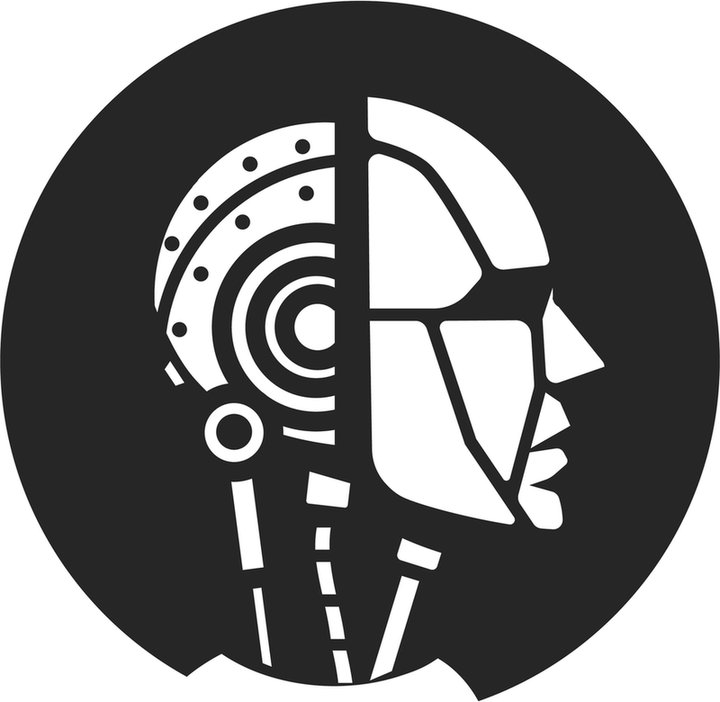In this issue
Issue 34 • December 2020

As we head towards the new year, its hard not to look back at what has been a challenging year for the medical technology industry. While the results of multiple Covid-19 vaccine trials suggest that the preliminary challenges of this pandemic may be on the way out, new issues, such as long-term Covid symptoms, look set to create new hurdles for the industry moving forward.
The idea of overcoming severe long-term physical symptoms is something that Dr Peter Scott-Morgan is very familiar with. After receiving a terminal motor-neuron disease diagnosis in 2017, he began his pursuit of a way to defeat the condition – using technology to combat the physical limitations that come hand-in-hand with the disease.
Three years on, Scott-Morgan is well on his way to becoming the first human cyborg thanks to a range of innovative technologies that could spell change for a patient demographic that is often left behind. To find out what this venture could mean for the future of motor neuron disease treatment, we take a look at Scott-Morgan’s efforts and the technologies being used to help improve his quality of life.
Plus, we examine calls for a materials revolution in healthcare tech, debate whether biobanks should be obliged to inform patients if undiagnosed conditions are uncovered during research, find out how technology is helping to transform communication in clinical settings and much more.
As always, stay safe.
Eloise Mclennan, editor